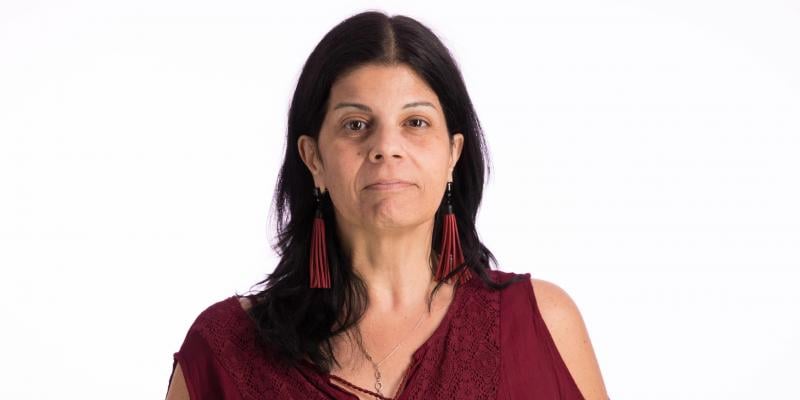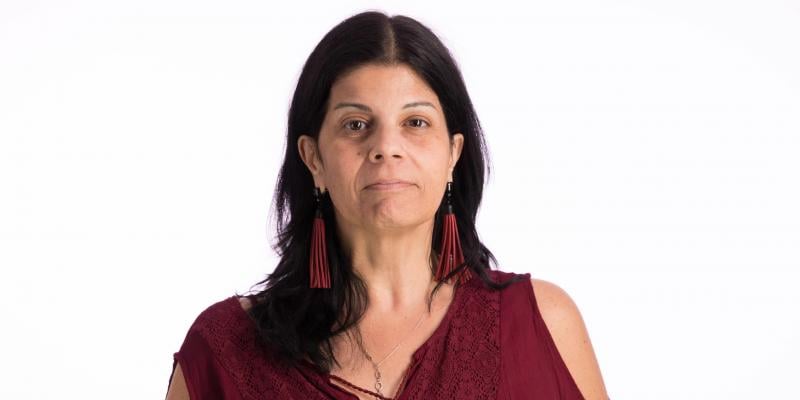

Susan
I Can Conquer Anything
I know I’m strong and can manage any role I take on—and I found a path that was best for me and my well-being.
I know I’m strong and can manage any role I take on—and I found a path that was best for me and my well-being.

It was a typical March in 2003. Each day, I would commute an hour to an elementary school in Queens, where I taught a computer-skills course. Suddenly, my routine was shattered: I had a seizure in front of the entire class. I went to a neurologist and had another seizure right there on the exam table. When it was over, he looked at me with stoic eyes and, in a very matter-of-fact voice, said, “You have epilepsy.” But I didn’t know what that meant. Could I work? Could I drive? The neurologist put me on a bunch of meds and sent me on my way. He wasn’t a lot of help.
After my diagnosis, I was a mess. I tried to stay strong for my husband and my two sons, ages 5 and 11, but my epilepsy had taken control. I kept having seizures, and I cried daily. Finally, I went to an epilepsy specialist, who recommended brain surgery. (I now know how important it is for people to see a specialist if they don’t have seizure control.) The last seizure I had was in 2005, the day I had surgery. But I continue to take my antiepileptic drug treatment—a decision I discussed in great detail with my neurologist.
One thing I’ve learned is: Planning is everything. The more prepared I am, the less overwhelmed I am. While working toward my second master’s degree a few years later, I prepped my meals for the week each Sunday and organized my pills a month in advance. I carpooled to classes and told my colleagues what to do if I had a seizure unexpectedly.
Instead of finishing up my master’s, which required more time away from my family than I was willing to sacrifice, I became a certified peer counselor. Now I work part-time from home, counseling veterans and others living with epilepsy, both in person and online.
I have no regrets. I know I’m strong and can manage any role I take on—and I found a path that was best for me and my well-being. While planning is important when you have a chronic condition, flexibility isn't so bad either. Overall?
I have a great life. I wouldn’t change a thing.
Originally printed in EpilepsyAdvocate, Spring 2018





